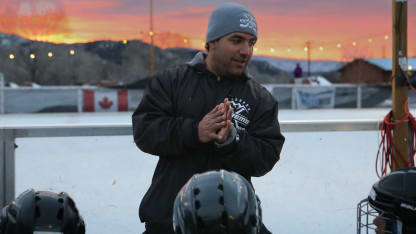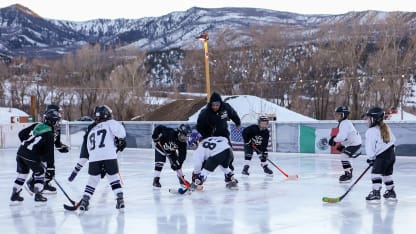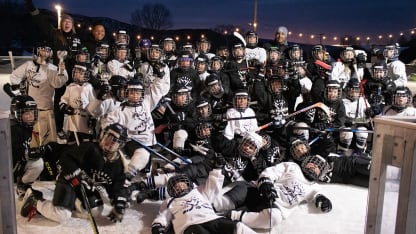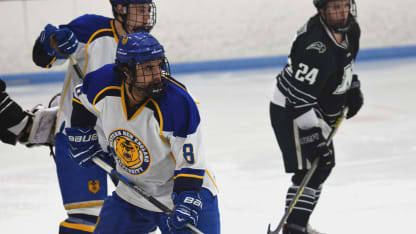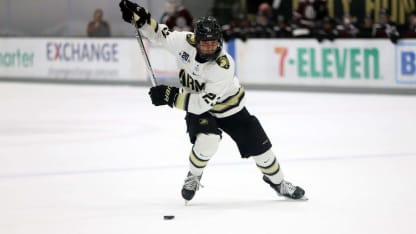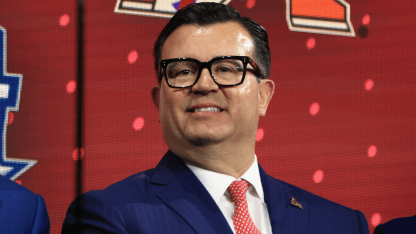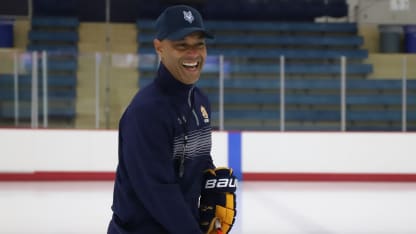William Douglas has been writing The Color of Hockey blog since 2012. Douglas joined NHL.com in 2019 and writes about people of color in the sport. Today, as part of NHL.com's celebration of Hispanic Heritage Month, he profiles Colorado Extreme, a free youth hockey program that's trying to grow the sport within a Hispanic community near Aspen.
Carlos Ross thought it was a practical joke.
The former college hockey player received a LinkedIn message in June 2021, asking whether he'd be interested in moving from Buffalo to the Aspen, Colorado, area to coach in a new hockey program aimed toward getting more Hispanic kids involved in the sport.
"I thought it was my friends playing a prank on me," Ross said. "I was, like, 'This sounds a little too good to be true.'"
Ross is in his third season as hockey operations manager for Colorado Extreme, a diverse program in Carbondale, Colorado, that provides free ice time, equipment and instruction to children 10 and under. A program that started out with a handful of children in a tiny second-hand outdoor rink in 2021 has grown to more than 500 participants this season, about 20 percent of whom are Hispanic.
Colorado Extreme officials say they expect the number of kids to grow to 1,000 later this season when a smaller adjacent natural ice rink freezes.
"It was definitely challenging at the beginning," Ross said. "The Hispanic community is a very tight-knit community out here. I had to make sure I earned their trust, speaking with local Latino organizations here, especially organizations that help families coming from south of the border assimilate to United States life, getting jobs.
"It's been super-rewarding seeing people that probably never would play hockey go from learn-to-skate then to a stick in their hand to seeing them enjoy the game we all enjoy so much," he said.
